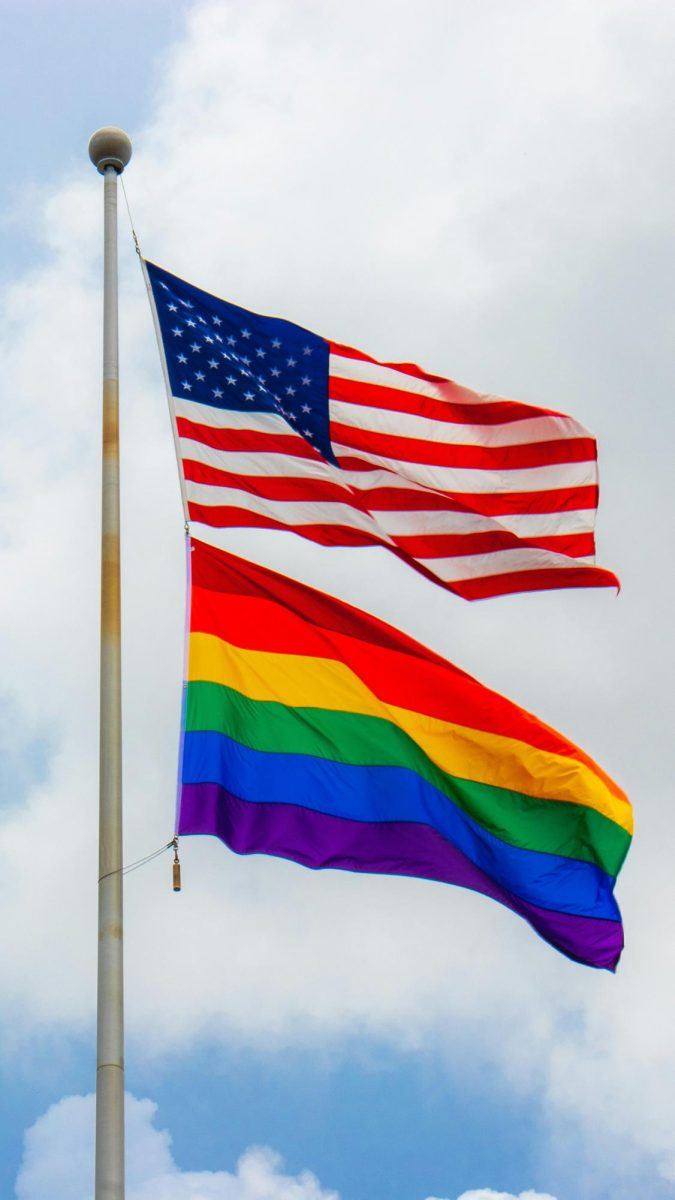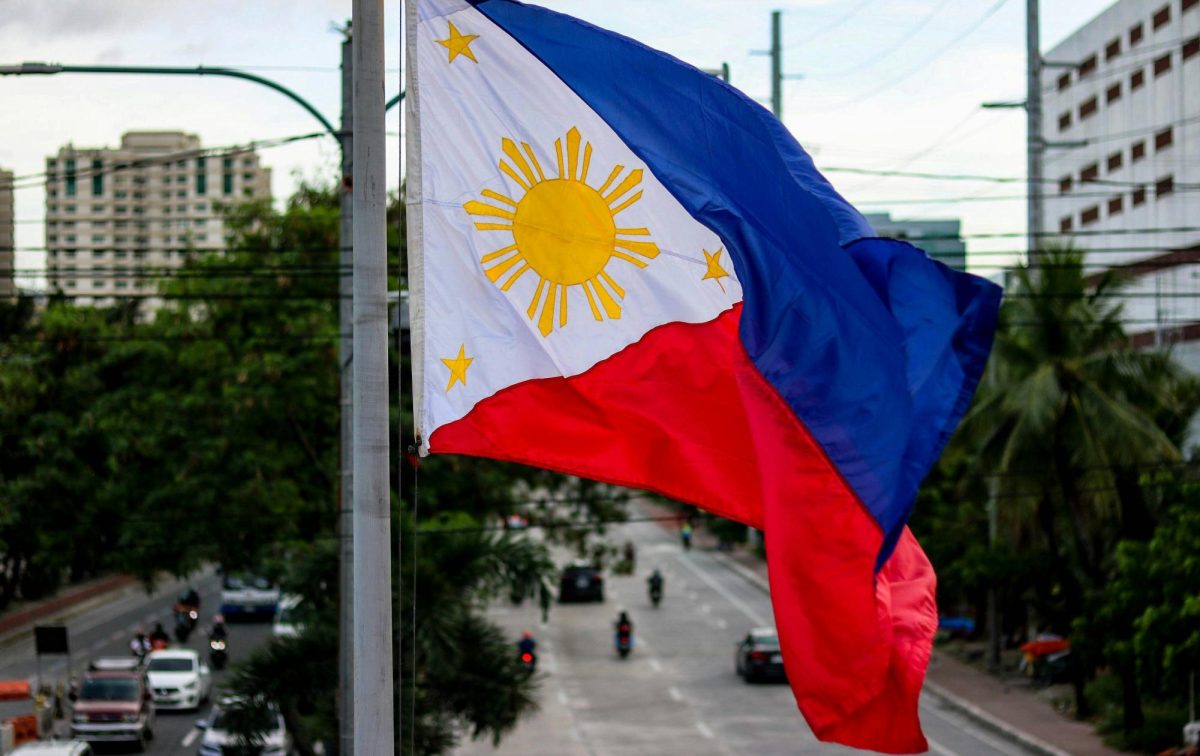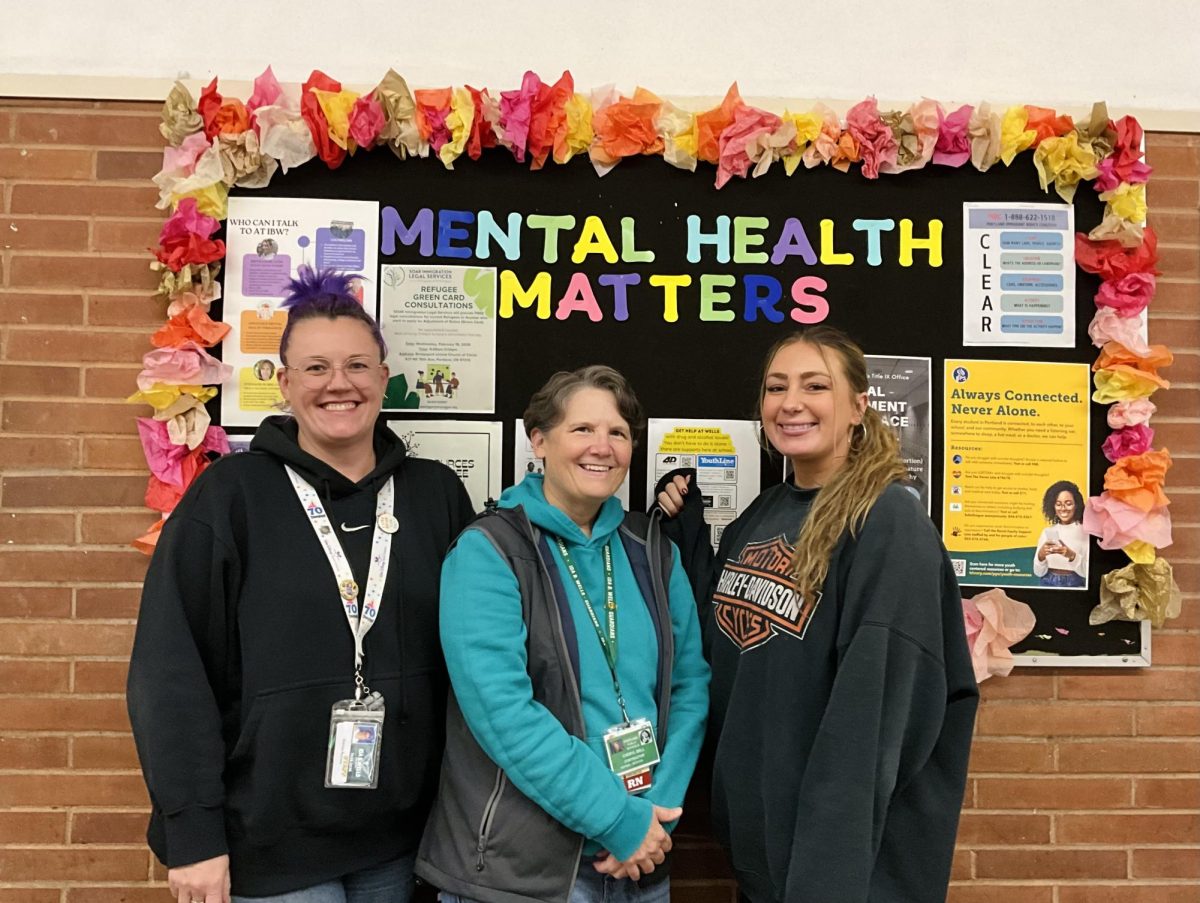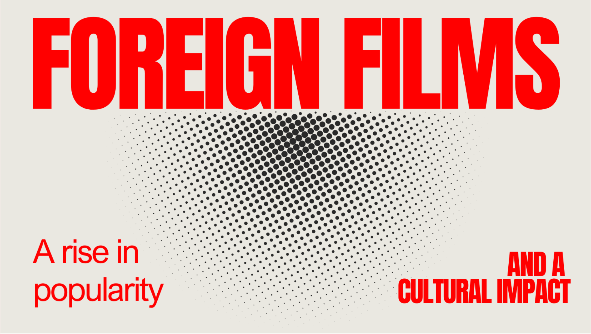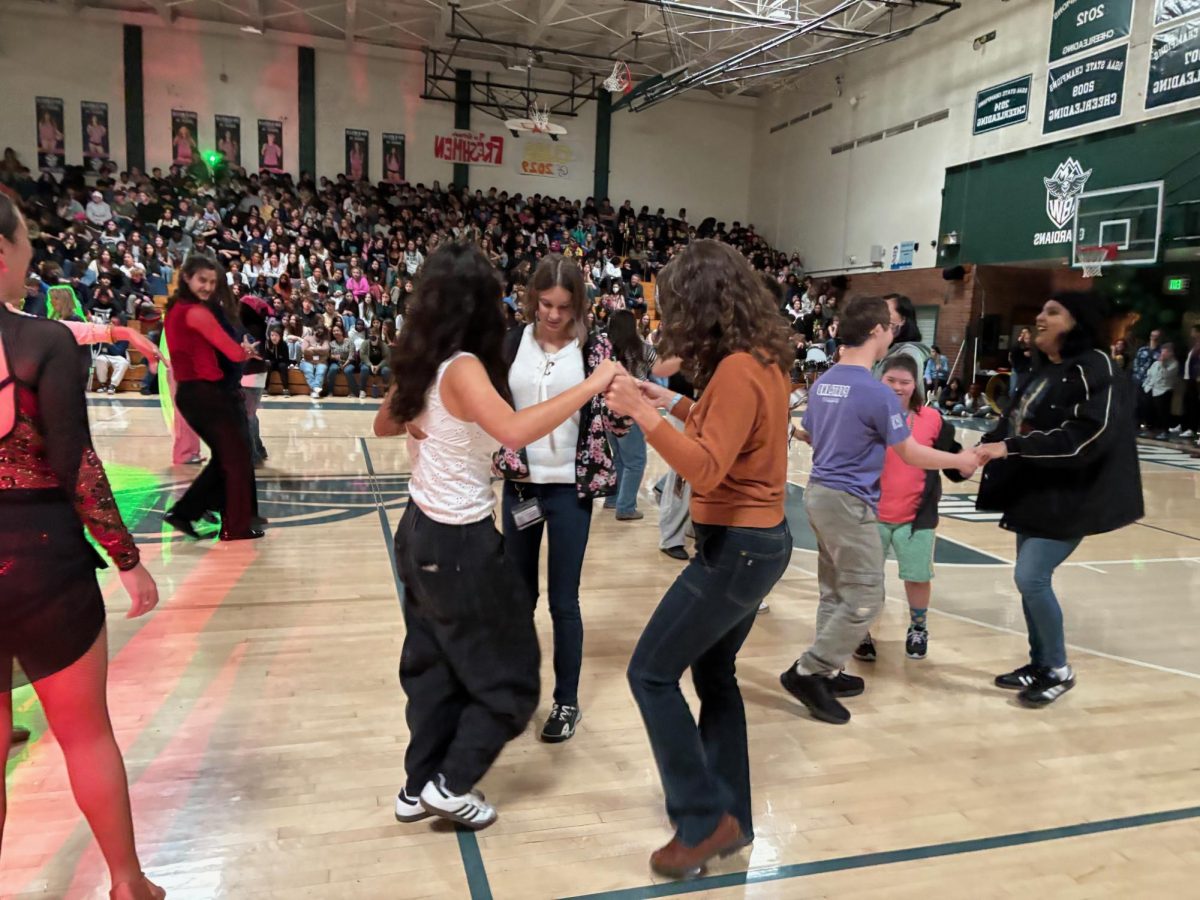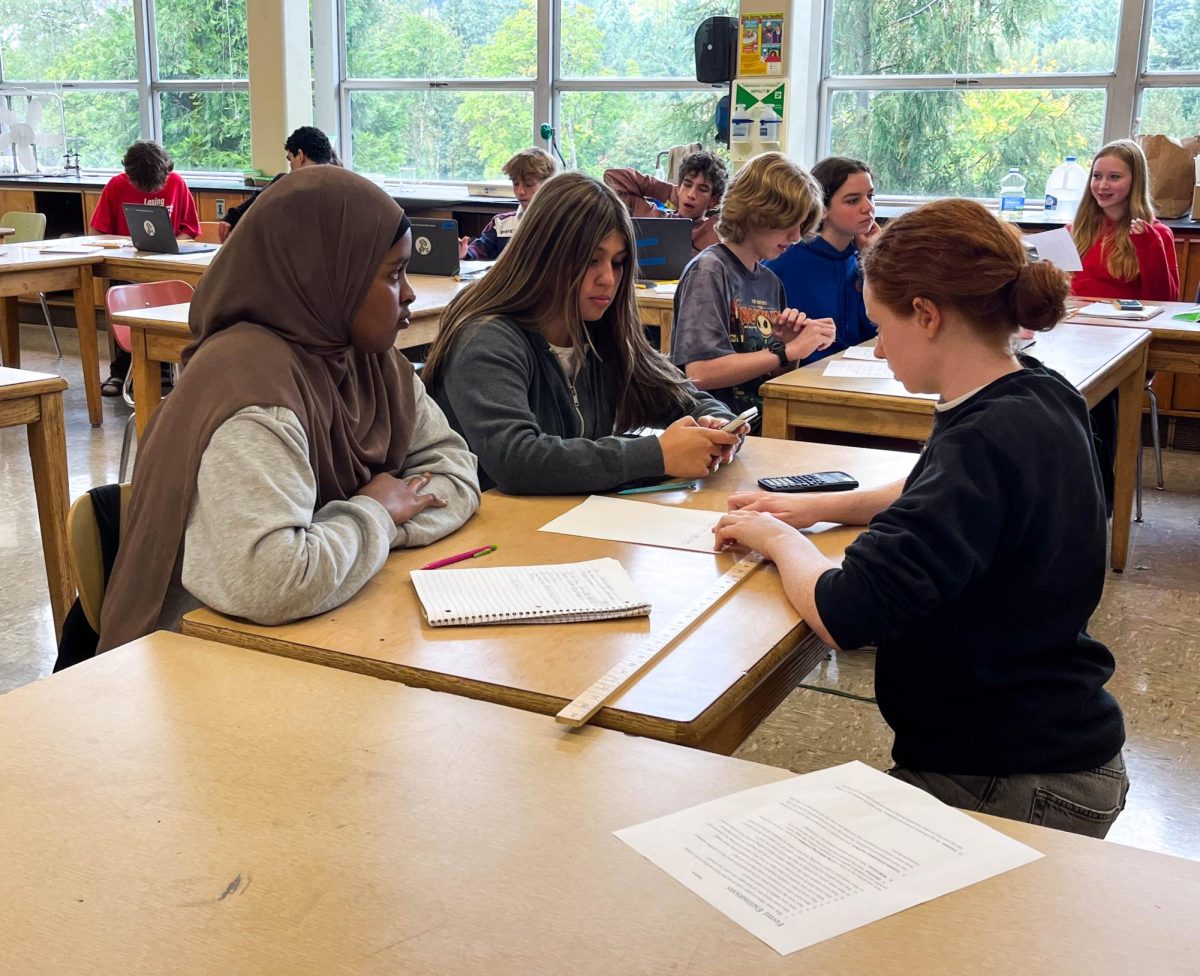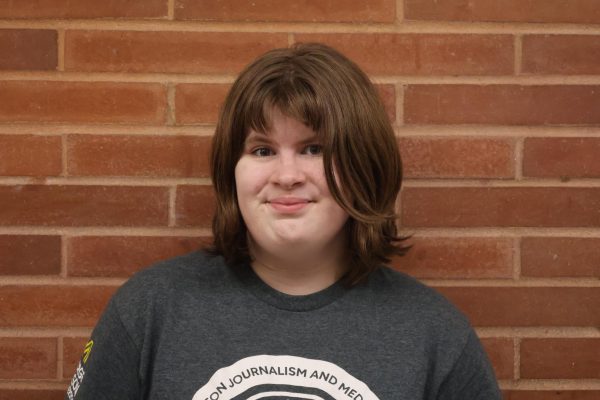Following the recent election of Donald Trump, the LGBTQIA+ community is wondering what his second term means for them – and spoiler: it isn’t looking pretty.
The 2024 U.S. The Presidential Election was a historical moment for the United States. Consensus polls predicted a close match between the candidates – but Former President Donald Trump beat Vice-President Kamala Harris in a landslide, with a whopping 312 electoral votes – a massive comeback from his 2020 loss.
As Trump gets ready to return to office, the LGBTQIA+ community is left to worry about what a second term of the Trump-ire means for their rights.
Trump has hinted at his disdain towards the LGBTQIA+ since he first entered office in 2016, and now it’s as noticeable as ever. One of Trump’s presidential campaigns stated that his political opponent, Kamala Harris, was “for they/them, not you.”
This election, Republicans have spent over $215 million on TV ads that attack trans rights.
It wasn’t just campaign talk. Trump has reaffirmed his commitment to sticking to his campaign promises in his recent victory speech. Democrats had some lee-way in his previous term, but now with a Republican majority in the Senate, Trump plans on reducing the rights of millions of LGBTQIA+ people.
Trump’s official website contains a roadmap called “Agenda 47”, a 20-point plan to, “Make America Great Again.” On this agenda, he makes his priorities crystal clear, with points like, “Keep men out of women’s sports,” and, “Cut federal funding for any school pushing critical race theory, radical gender ideology, and other inappropriate racial, sexual, or political content on our children.”
Maybe that doesn’t sound so bad – until Trump defines these trans women as “men” and “radical gender ideology” as LGBTQIA+ history.
Things like the Ida B. Wells Gender-Sexuality Alliance (GSA) club fits into Trump’s category of “radical gender ideology” – and twisting these terms to make them sound harsh and derogatory is the foundation of Trump’s anti-LGBTQIA+ campaign.
People also wonder what a second Trump term means for transgender people. In his first term, Trump tried to reverse a 2016 order allowing transgender individuals to serve openly in the military. This was soon overturned by the Biden administration, but Trump has certainly shown the country what he thinks about transgender individuals. Experts predict he might try to re-introduce this policy in the years to come.
The recent presidential election has also hit close to home. The IBW GSA club hosted an emergency meeting on Nov. 8, the Friday following the election, to offer support resources for LGBTQIA+ students and hold an open discussion surrounding the election results and student concerns.
“I think the biggest concern I noticed was just uncertainty,” said Sammi Shelton, senior at IBW and co-leader of GSA, “Out of all of the plans that Trump has laid out this year, he hasn’t said a lot about his plans for LGBTQ+ people, and of course we know it’s going to be negative.”
“I think [the election results] have just shattered a lot of hope for students here,” said Noah Shemer, Advanced Math teacher at IBW and GSA club advisor. “It shattered hope for the future and turned it into fear of rights being targeted. [Discrimination] was really bad during Trump’s last term, and I’m worried that this time not only is it going to happen again, it’s going to be worse.”
However, not all hope is lost, especially for LGBTQIA+ residents of blue states, like Oregon. Portland is one of the most LGBTQ-Friendly cities in the United States – and that’s partially why Trump isn’t super fond of the city. “Living in Portland is like living in a bubble, and having lived outside in a very right-conservative area, you know when you’re outside of that bubble,” said Shemer. There are some powers, specifically state powers, that Trump just can’t override, and many LGBTQIA+ rights are in the hands of the State, not the president.
At the end of the day, Portland is a pretty good place to be for U.S. members of the LGBTQIA+ community. Trump might rain on the majority of the U.S., but Portland is a rainbow – and tries to be safe for everyone under it.


